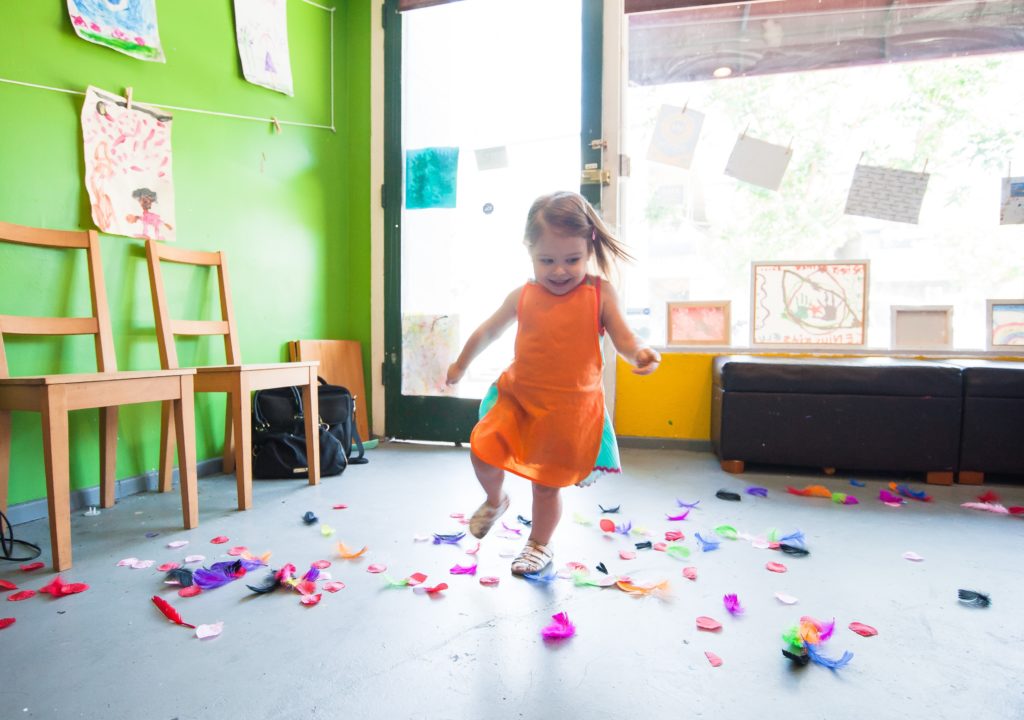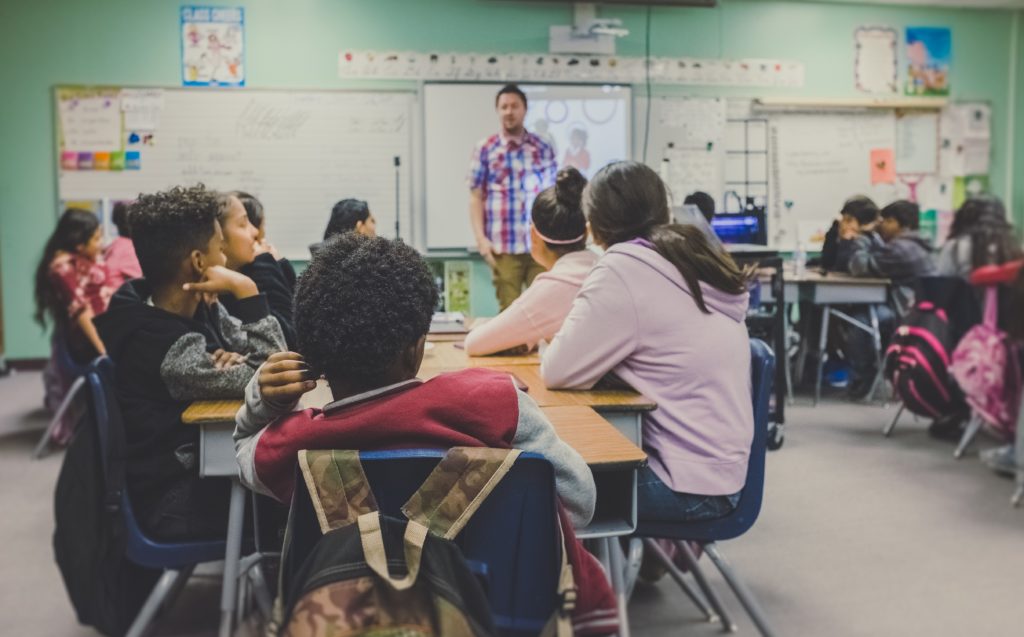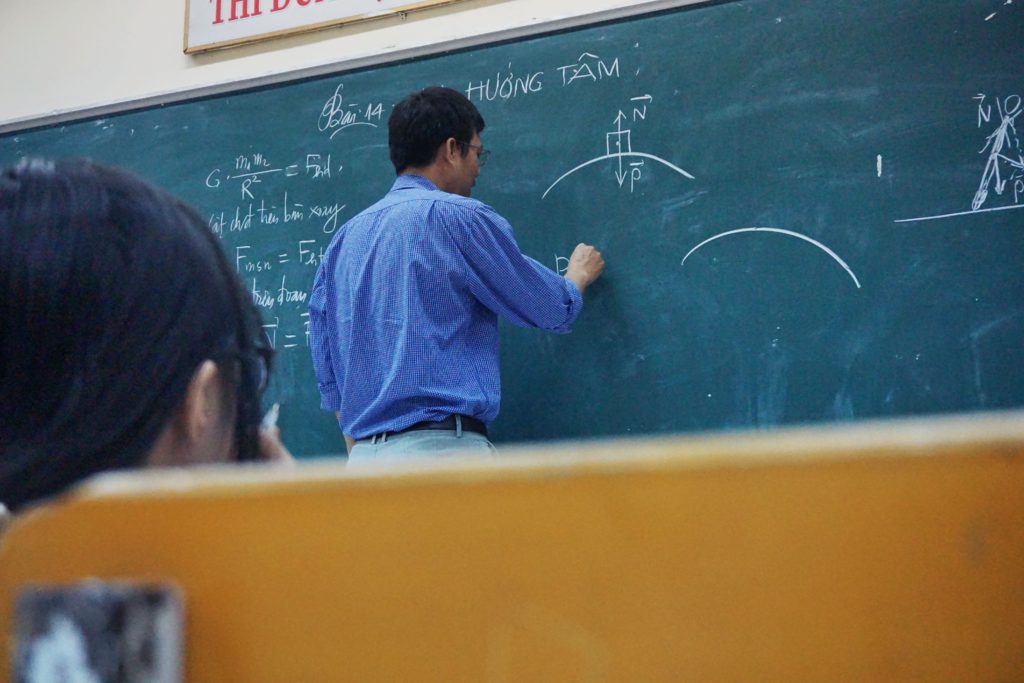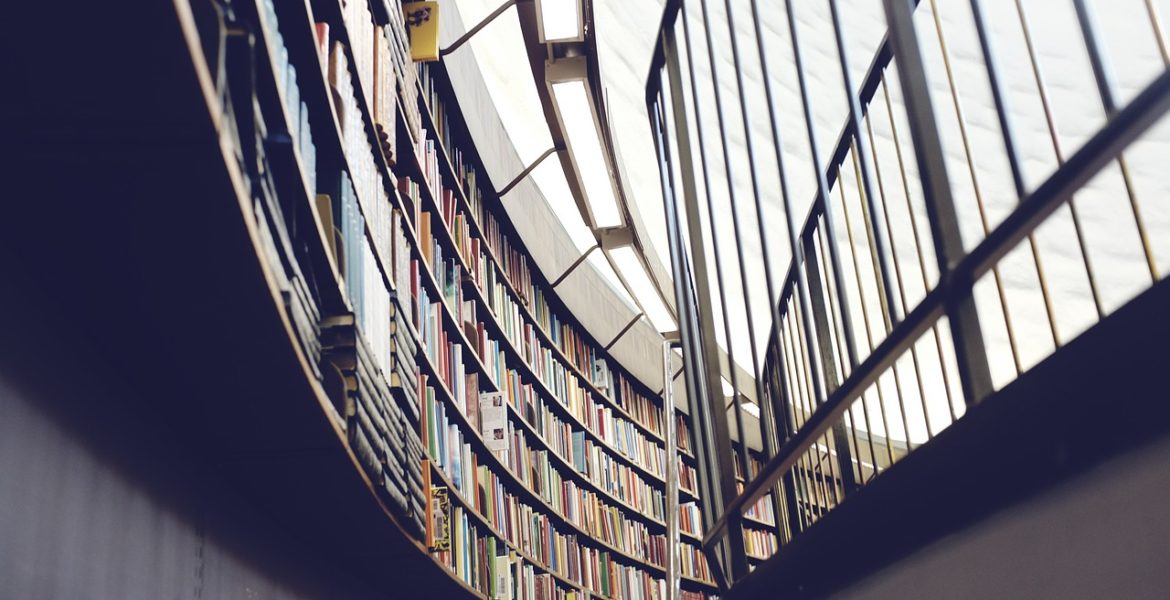Switzerland’s education system is one of the most advanced in the world. Switzerland is the go-to choice for many students looking to study internationally. The system is well established and functional with delegated accountability and administration.
The administration and regulation of the school system in Switzerland is made by the cantons while having a set framework by the central government. Each canton sets its school calendar, curriculum, and criteria. This system is overseen by the State Secretariat for Education, Research and Innovation (SERI). The decentralization has it’s perks, although it can make it hard for people to move their children from one canton to another.
A distinctive characteristic of the Swiss education system is taking into account the wishes and the abilities of students. This attribute is done by diversifying the different directions a student can take once they’re done with their primary education. Although the cantons administer the education system, a thing they all have in common is that they have this diversity.
Compulsory Swiss Education
Education is compulsory for all children and young people from 9 to 11 years. Children start compulsory education when they are about four to six years old until about when they turn 15 years old. The cantons also regulate this.
Even though there are private schools in Switzerland, most students attend public schools in the local area. This brings diversity so children can experience many different backgrounds, including, sometimes, linguistic backgrounds. Public schools are free of charge, and kids are not required to wear uniforms.
Primary education

Primary education in most of Switzerland is considered kindergarten and the first learning cycle. Kindergarten is not compulsory in all of the cantons, but primary school is.
In kindergarten, children are taught about basic manners and knowledge. That’s when they are introduced to other languages and Swiss culture. Kindergarten aims to teach children social skills and basic mannerisms through play-based learning. Through music, educational games, art, and lots of crafts, they are introduced to basic reading and math.
After they have finished kindergarten, around the age of 6, determined by a simple age calculator, they go to primary school.
Depending on the cantons, the combinations might differ.
In the German-speaking cantons, kindergarten and two years of primary education are combined into the first learning cycle, and students aged four to eight years are in the same class. They call this Grundstufe or Basisstufe.
In the French-speaking cantons, two years of kindergarten are combined with two other years and make the first cycle of primary education.
The Italian-speaking cantons children attend kindergarten from the age of four.
Secondary education

Secondary education in Switzerland is divided into two stages. The lower secondary education and upper secondary education. Kids start their lower secondary education around the ages of 11 to 12, and it lasts 3 to 4 years. The upper secondary education is equivalent to the high schools in American education systems regarding the age of the students. Still, it is very much different from an American high school.
Lower secondary education

Lower secondary schools in Switzerland are called Gymnasiums or Kantonsschule. This is where kids learn their mother language, a second language spoken in Switzerland and English. Languages are given quite the emphasis in the Swiss education system, and therefore most of the people there speak at least a second language.
Natural sciences are also given a lot of importance where math, biology, chemistry, physics, and geography are taught as some of the main subjects. Other subjects like history, civic education, music, art and design, physical education and health, home economics, career guidance, and vocational preparation are also taught.
Students are graded with numbers from 6 (being the highest) to 1 (the lowest). They also take tests at the end of the school year, where they get to test their gathered knowledge. At the end of the year, depending on performance, students either continue to the next year or repeat the previous one.
Upper secondary education

High school in Switzerland is not compulsory, and its structure is unique. After the students finish their lower secondary education, they can choose what kind of career they want to pursue. They get to choose from a Vocational education and training (VET), Baccalaureate, or Upper secondary specialized school.
A vocational school is a preferred choice for most young Swiss students. That is where they get to learn skills in school and see how it is done through the first-hand experience in companies that provide apprenticeships and cross-company courses. They last from 2 to 4 years and allow the students to gain technical and practical knowledge. Through VET school, students get a federal VET diploma or a federal VET certificate that will enable them to work and continue further education.
A Baccalaureate school is the choice of ⅓ Swiss students. It can be considered a continuation of the lower secondary education, where the subjects are similar to the previous ones in lower secondary education, plus law and economics. The enrollment is based on the student’s previous performance, and the grading system is the same as in lower secondary education. These schools usually last from 3 to 6 years, depending on the canton.
At the end of the program, students must take a test and present a baccalaureate essay. Depending on their performance, they are granted a certificate called Matura and are then eligible to start cantonal universities, institutes of technologies, and teacher-training universities.
Upper secondary specialized schools provide specialized preparation for a career in healthcare, social work, and education. Students are graded with the same grading system as previously and study the core subjects related to the specific occupation. The grades determine whether the students progress to the next year or not. The program lasts three years, and in the end, the students must take a final exam in six of their subjects. If they finish that successfully, they get the upper-secondary specialized school certificate and continue their education in PET colleges.
Tertiary

Tertiary education is a continuation of the higher secondary education a student chooses. Switzerland’s education ranking has regularly been among the top 100 worldwide when it comes to higher education.
University is the logical choice for the students with a Matura, while Fachhochschule or Höhere Fachschule is the choice of students with a VET certificate. Students with an upper-secondary specialized school certificate will continue their education in PET colleges.
University
Switzerland has 12 universities in total, 10 of which are run and regulated by the cantons and offer theory-oriented mayors. There’s a wide range of subjects offered to study at Swiss universities.
Furthermore, universities in Switzerland are known for their BBAs and MBAs, and they tend to be some of the best in the world. This has resulted in a considerable number of international students in the country. To attract and engage this diverse student body, many institutions collaborate with a higher education marketing agency to enhance their global outreach and student recruitment strategies. Many of these students attend top universities in Switzerland for their advanced degrees.
Some of the best-known universities in Switzerland are the federal institutes of tertiary technology and the universities of teacher education.
Fachhochschule or Höhere Fachschule
There is one private and eight public Universities of Applied Sciences. These higher education institutions offer students degrees in topical areas such as engineering, technology, or business, and they prepare students for the Swiss and global labor markets.
The difference between a University and a Fachhochschule is that the latter generally doesn’t award a doctoral degree. Fachhochschule also differs from the traditional university in Switzerland because of its practical-based teaching as opposed to a theory-based orientation.
Sources:
eacea.ec.europa.eu/national-policies/eurydice/content/administration-and-governance-local-andor-institutional-level-115_en
sbfi.admin.ch/sbfi/en/home/education/swiss-education-area.html
eacea.ec.europa.eu/national-policies/eurydice/content/organisation-education-system-and-its-structure-115_en



Very helpful article. It did clear a lot of questions that i had concerning the education system
Thank you Chanda,
Happy to help!
This is really incredible .
Thank you for this article. I feel very well informed about the education system in Switzerland.
My questions are:
1. What level is equivalent to a high school diploma that does not have good grades to admit in a swiss institution?
2. If you did not have enough grades to enter university, what can you do to further your studies considering the fact that you’re older than 30 yrs.
1. Swiss high schools have one of the highest entry requirements in the world (thats why most swiss people don’t go to high school). If you don’t have excellent grades in the highschool in your country, you will not be allowed to attend the swiss high school entry exam (my ownpersonal experience). A bad high school degree in another country could be compared with a SEK B or SEK C degree in Switzerland.
2. If your highschool grades in Switzerland are not good enough to get the Matura you won’t be allowed to go to university. However in most cantons you will get a second chance if your faild your exam. You can also try national programs such as Passarelle or Fremdmatur, which can lead to get accepted at a uni but those programs tend to be even harder then high school. You need to be prepared to study 8-12 hours per day 6 days per week with 5 weeks holidays per year. If you fail again you will be blacklisted. As a foreigner acces to universies can be restricted and the fees might me higher (still nothing compared to the US but more than european average). You can also do a Berufmatur and study at a University of applied science. -If you don’t want to be a doctor or a lawyer generally you don’t even need an uni degree to have a great career in Switzerland.
Thank you for the article
Very helpful
This is such a great website! I mean the entire corpus of information on StudyinginSwitzerland. Well done! I appreciate you!!!
i have done my intermediate from Pakistan and now i am living in Zurich ,Switzerland. Is my education enough for the university to continue my bachelor program . I am also a citizen of Switzerland . I have no idea amongst what should i do ??
Hi good evening I’m ungraduet student from Portugal originally from Guinea Bissau I’m interested in scholarship for study in Switzerland but I don’t have any body there I need a help please
Hi I’m interested in studying in Switzerland but I don’t have any body there what will I do
thanks for the information. But still more information to add and clear
Hello Sir/Madam,
I have a bachelor degree in Education from Ghana which is equivalent to the British standard in UK, have diploma in French and level three in mental health,will like to go into teaching and work in Switzerland but don’t know the right path to take.Currently leaving in the UK with my family.
We are twins and we are called Redivine Byakatonda and Divine Byakatonda we would like to study from there,we are in Uganda Kampala .we were asking is there any opportunity of getting a scholarship.it will a pleasure if you reply us thank you
I’m very impressed! Do you have vacancies? What are the requirement of a foreign teacher?
There are some inaccuracies and it is rather unclear for anyone not living in the German-speaking region. It would help to go more in-depth for other regions as well.
I came across this article well describing the education system in Switzerland.
I wonder if anybody can enroll in the schools in Switzerland (from Primary) even the families not residing in Switzerland. Are there other requirements for those families?
Thanks
Amr